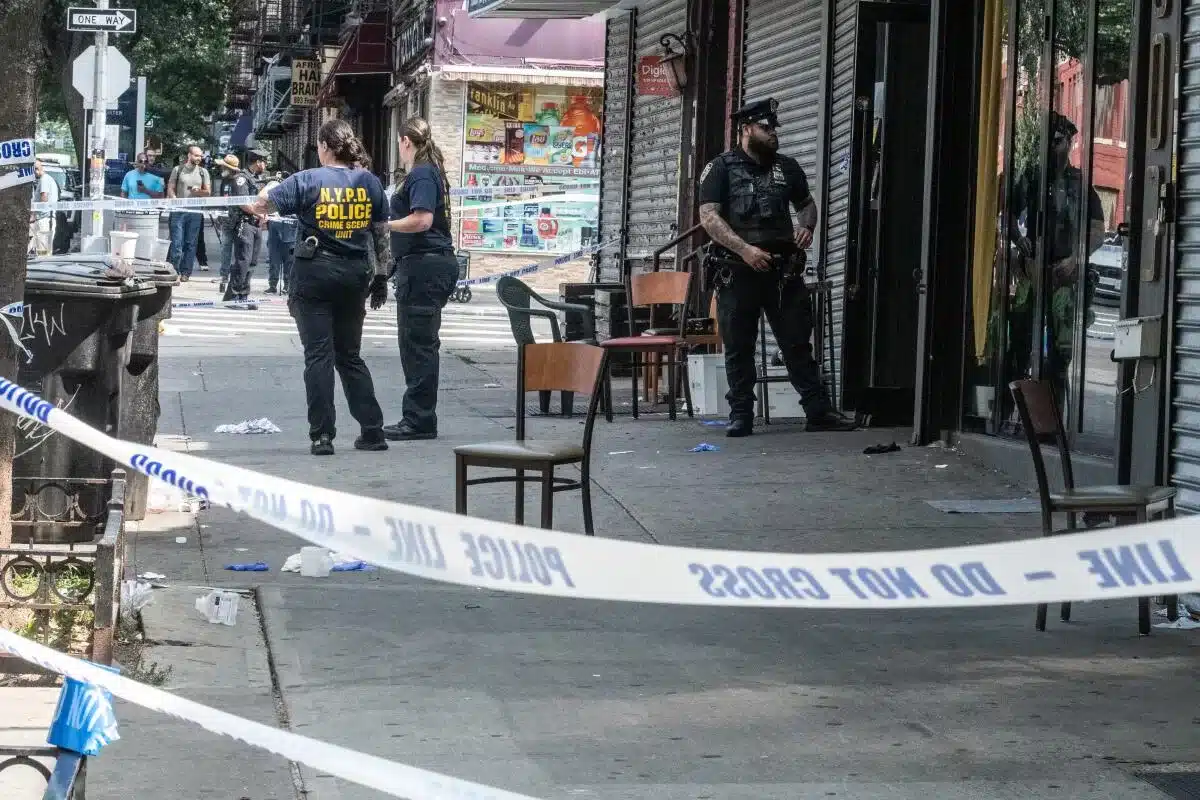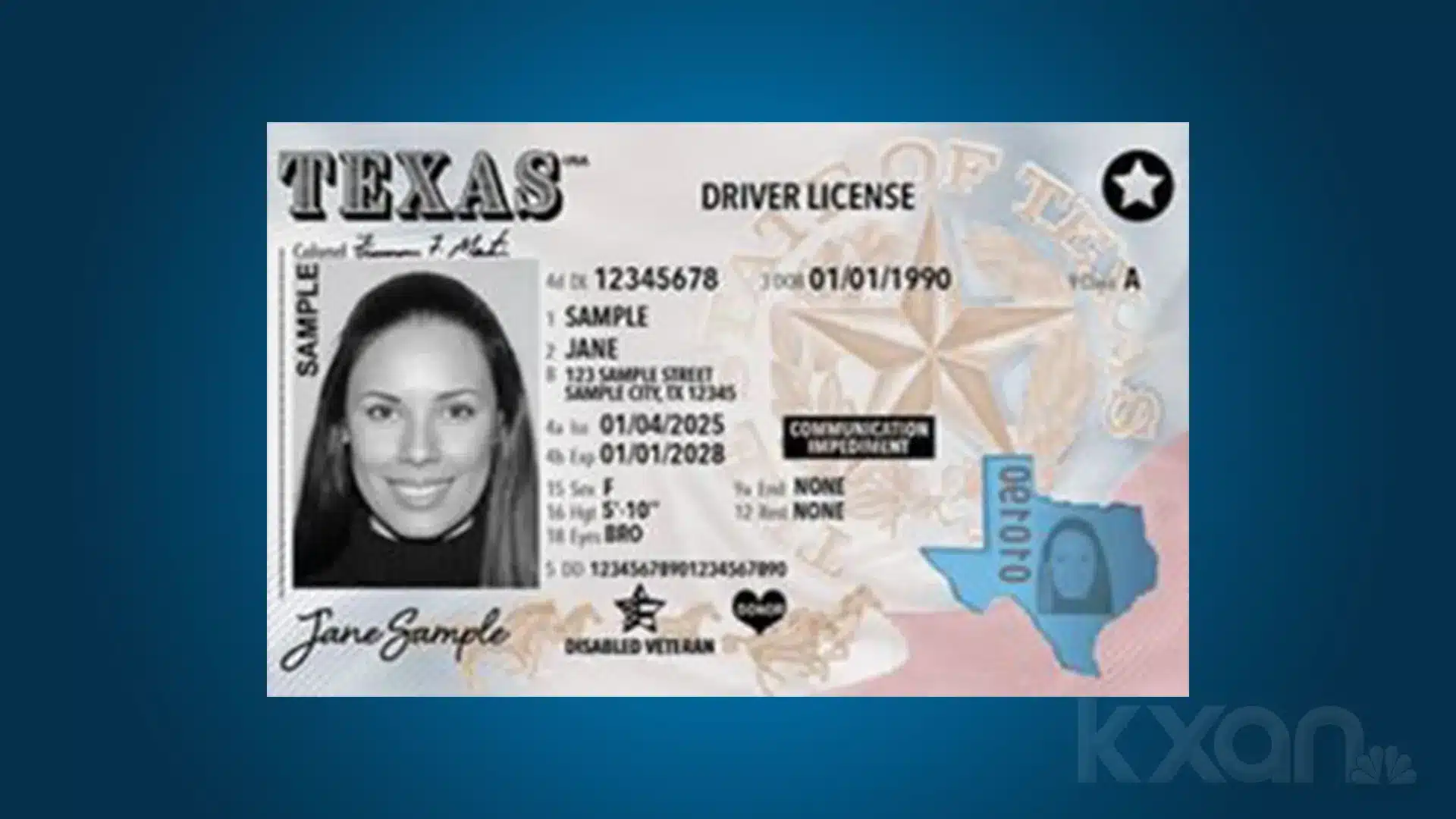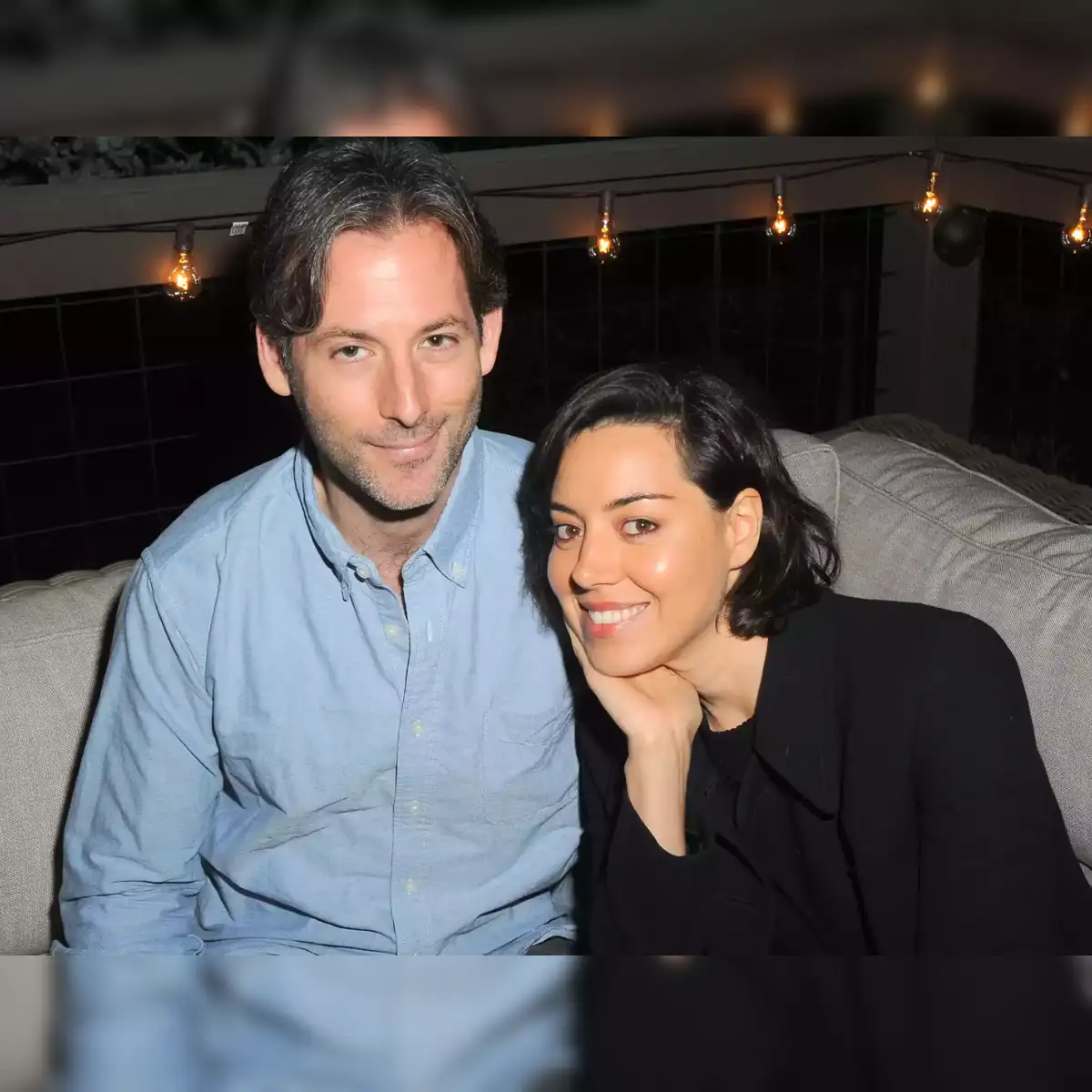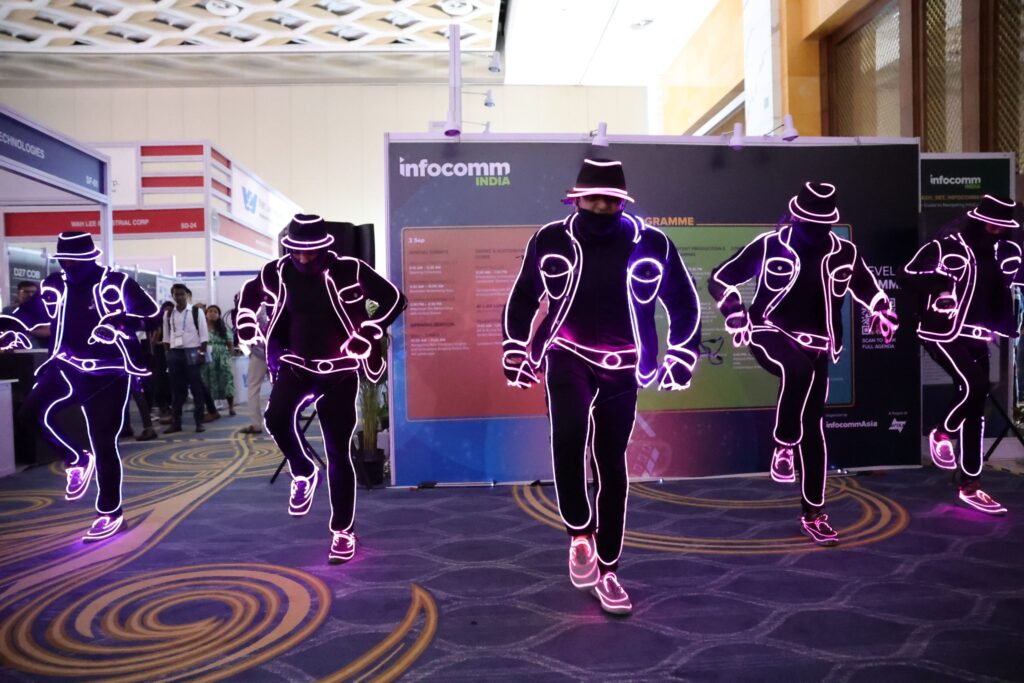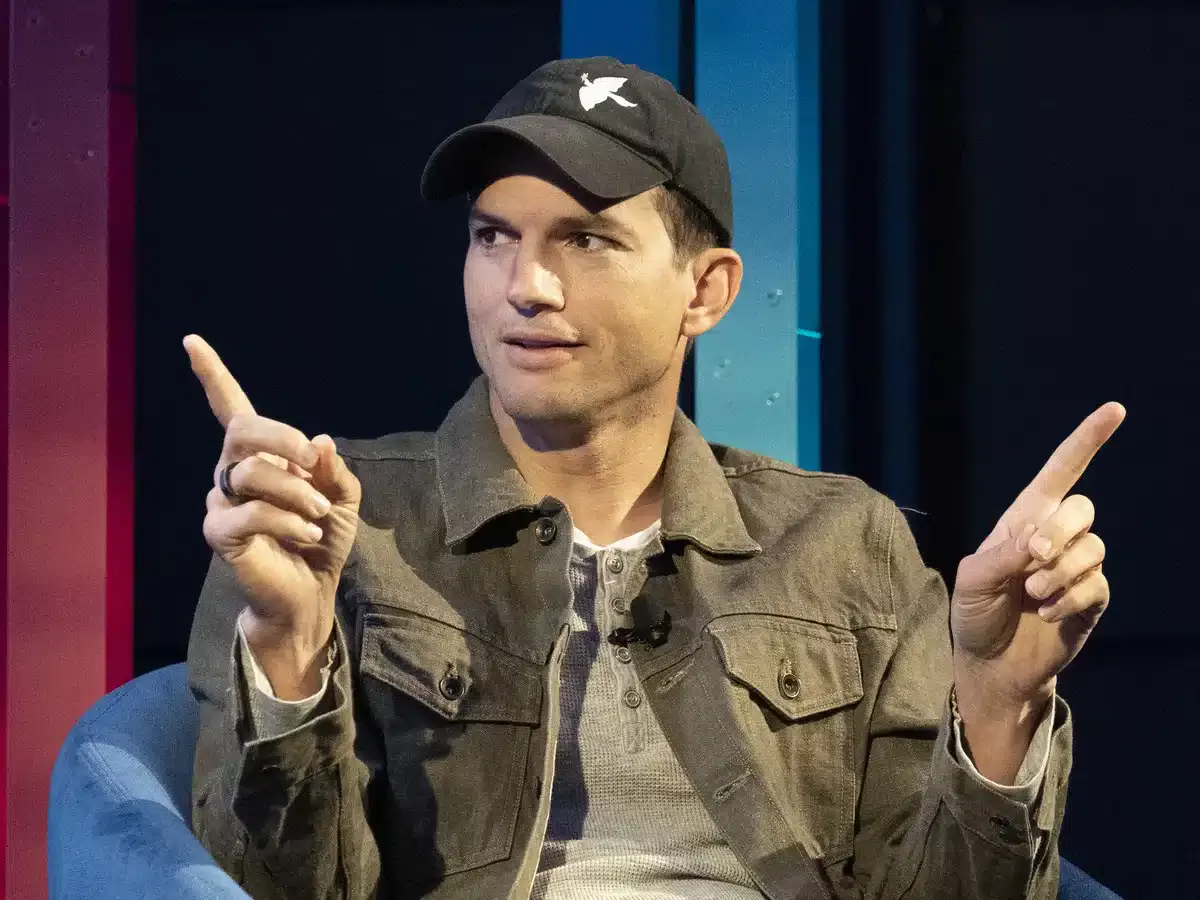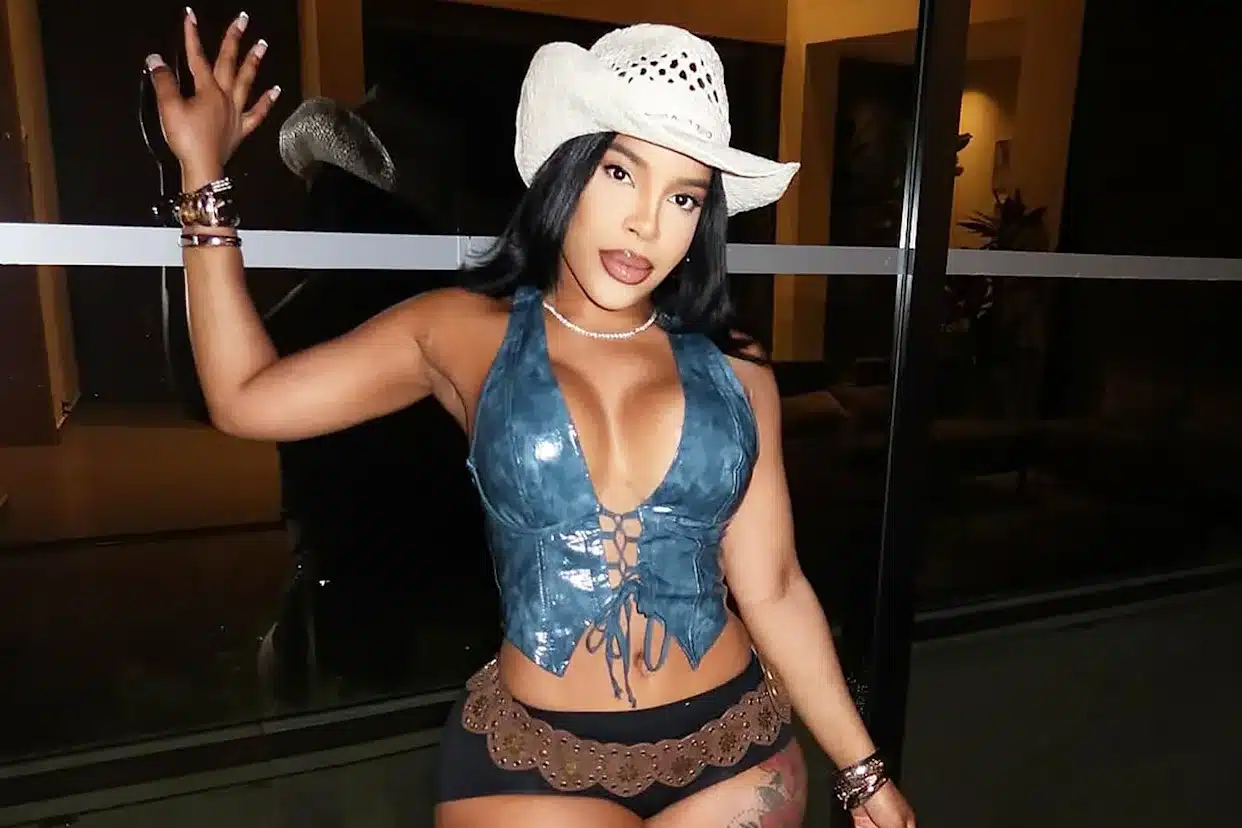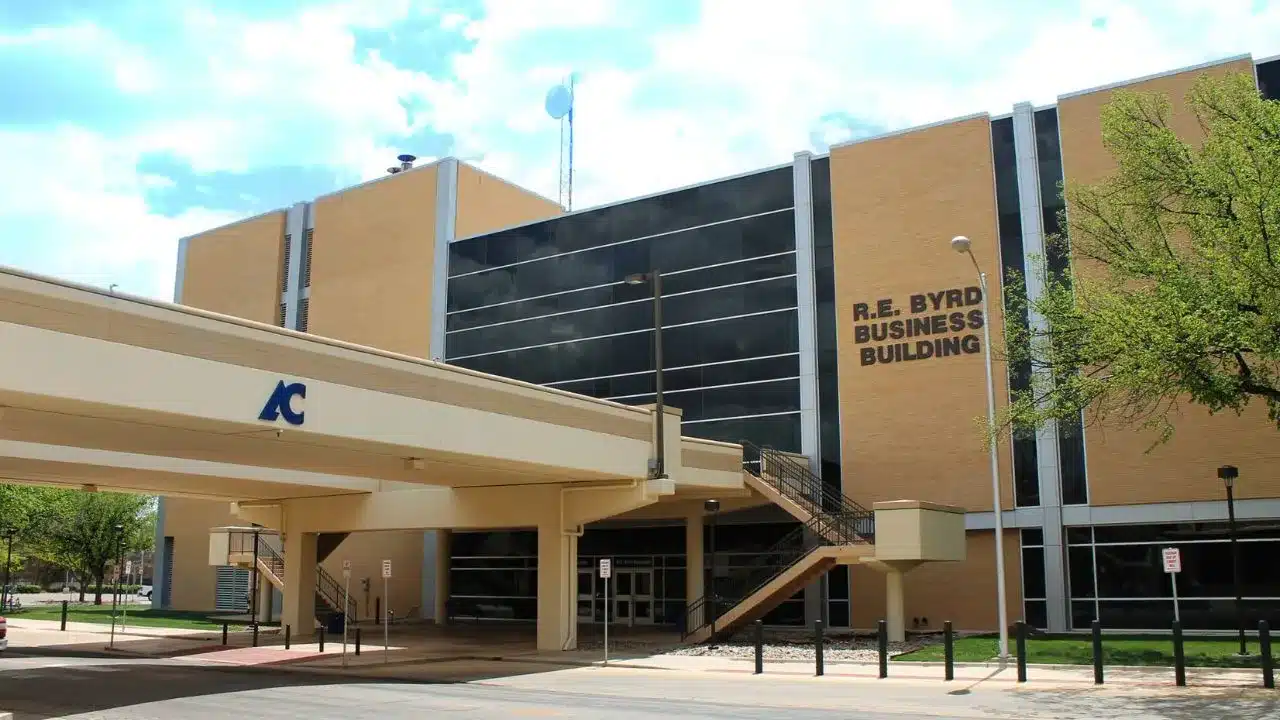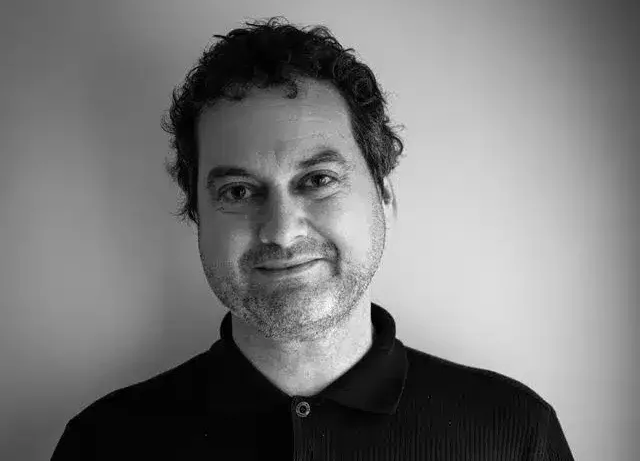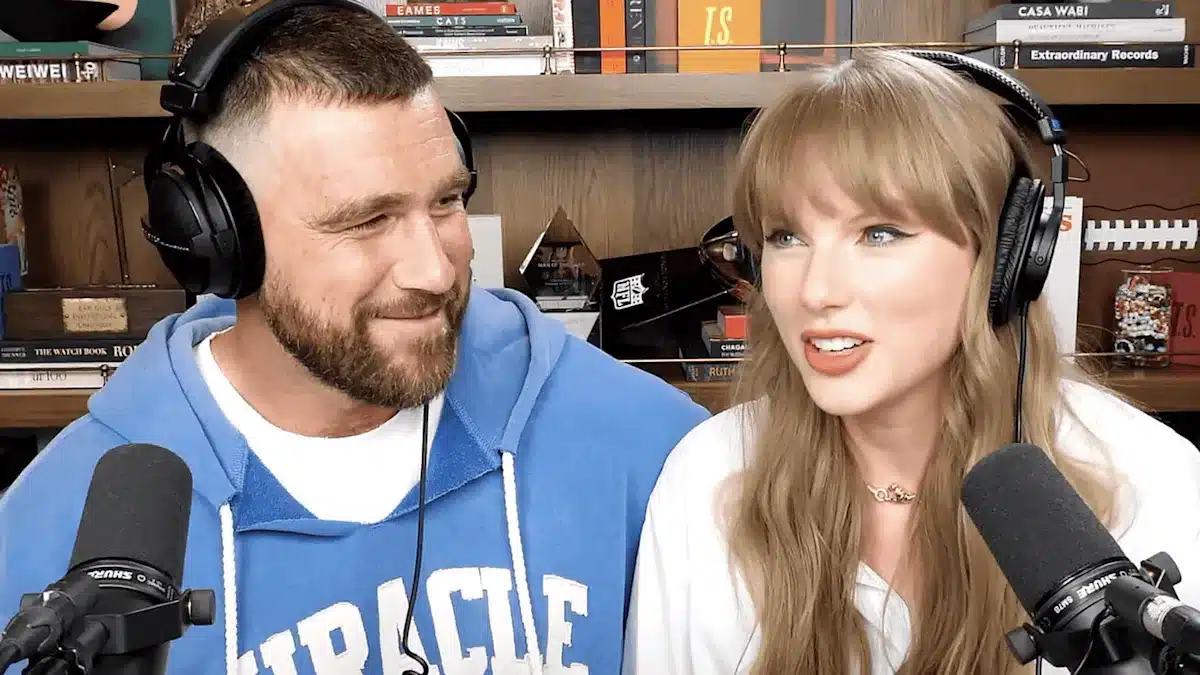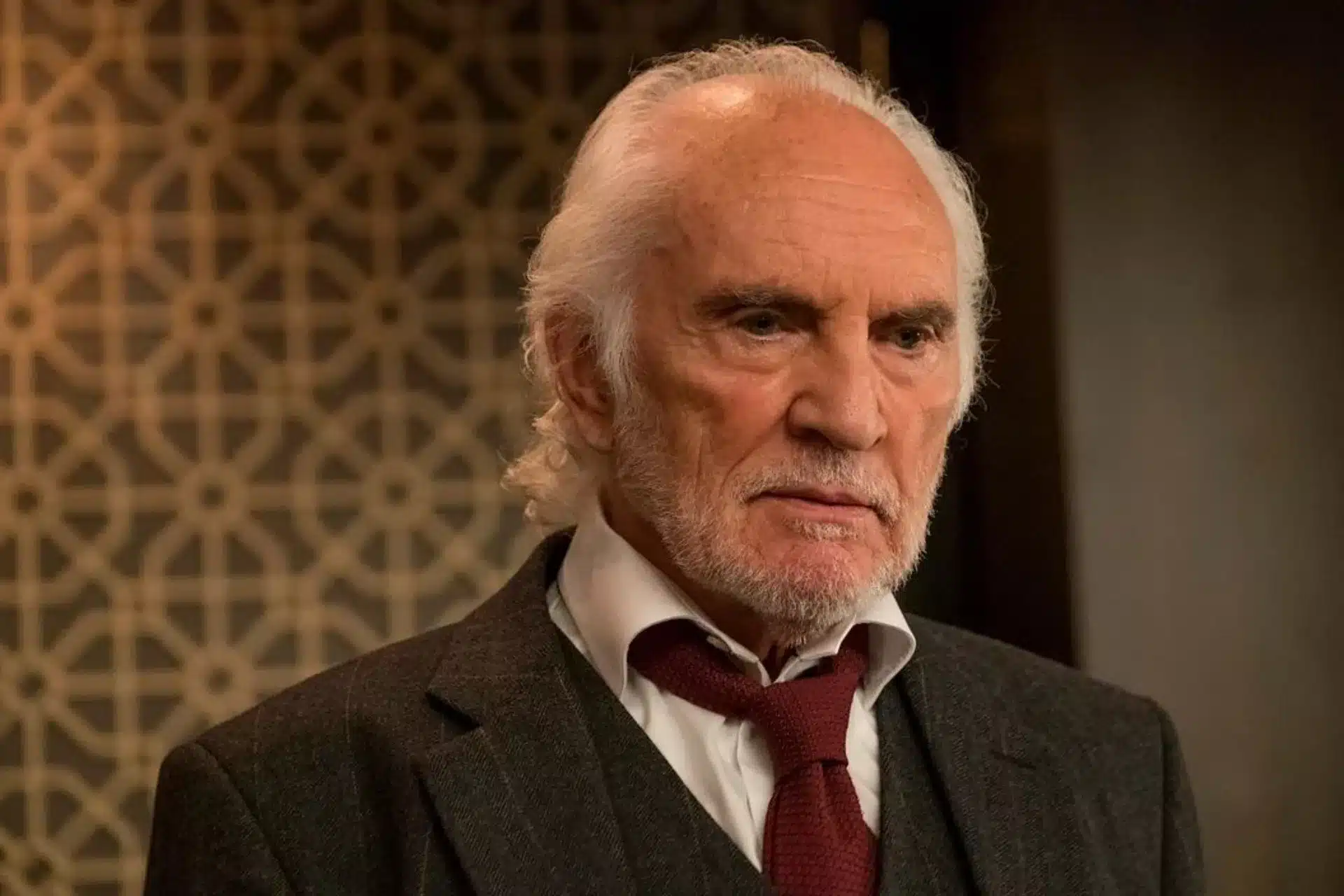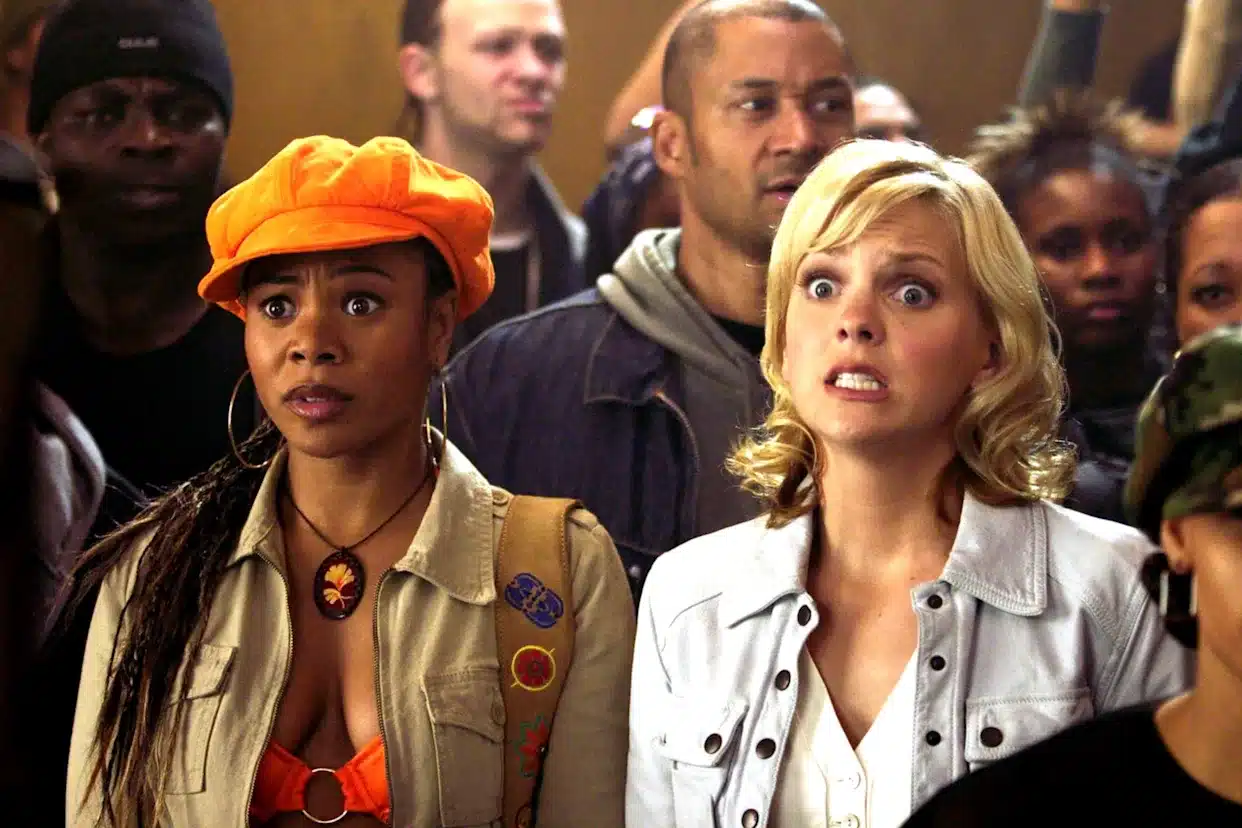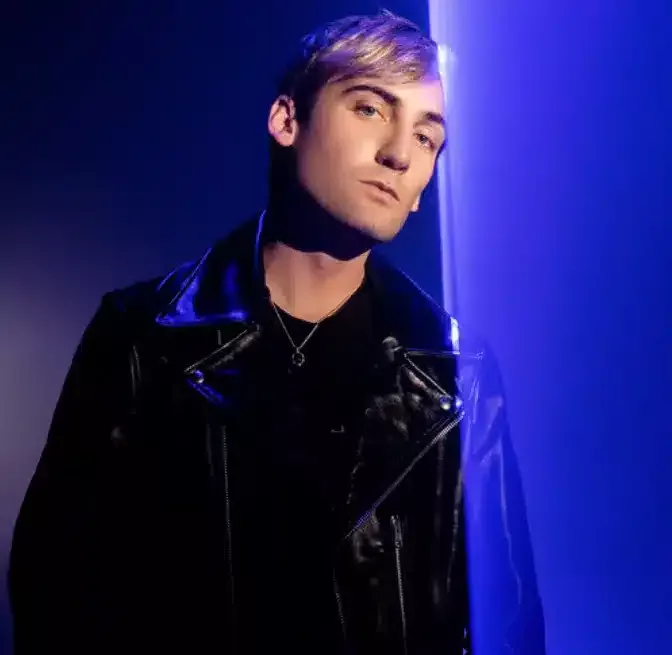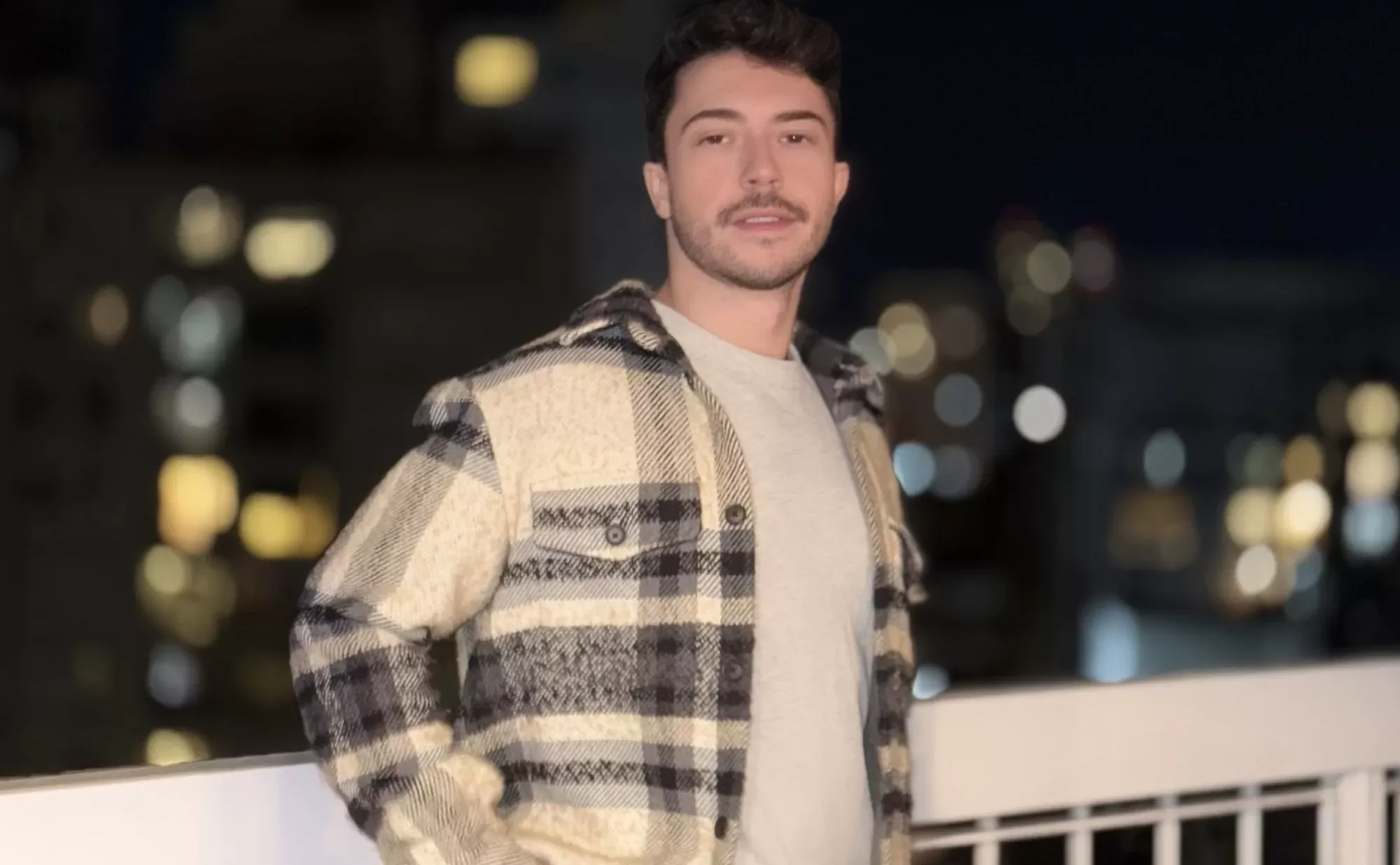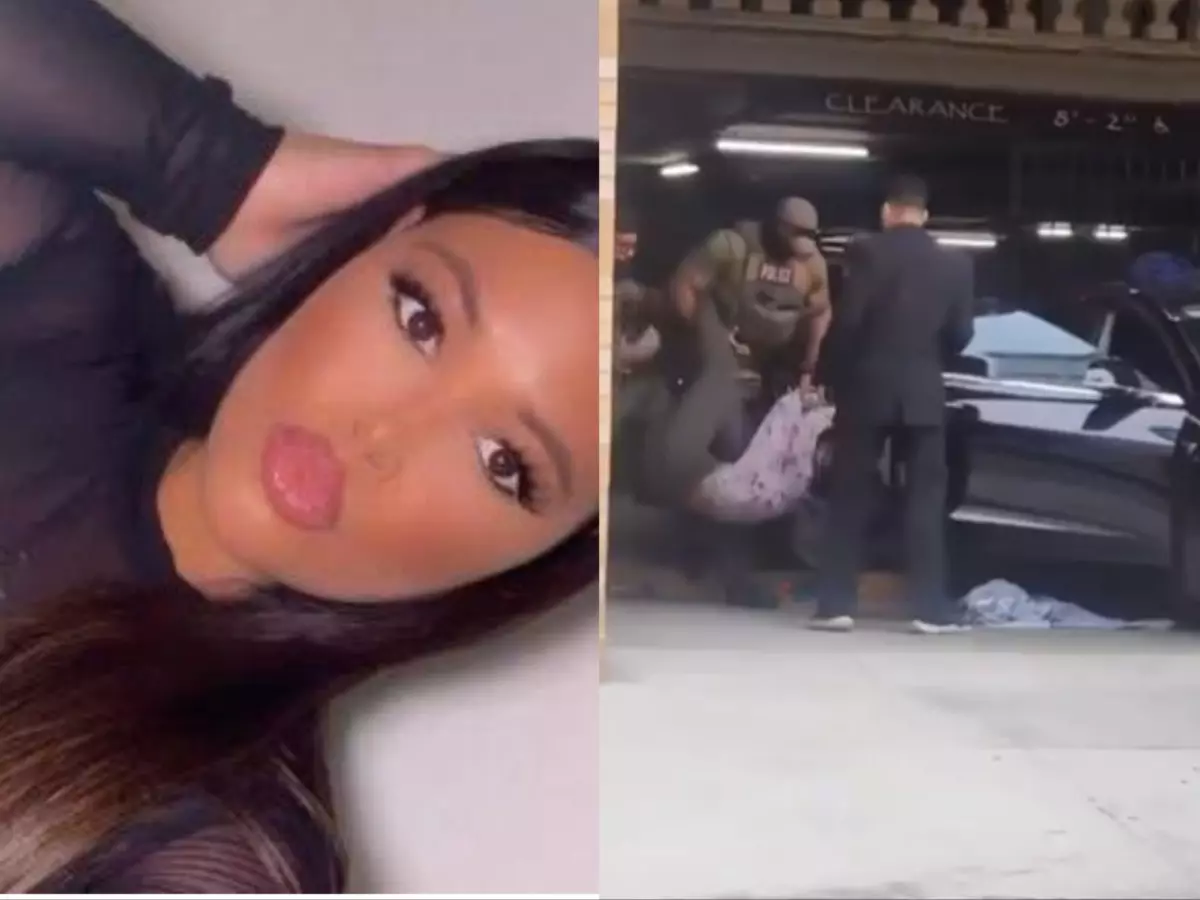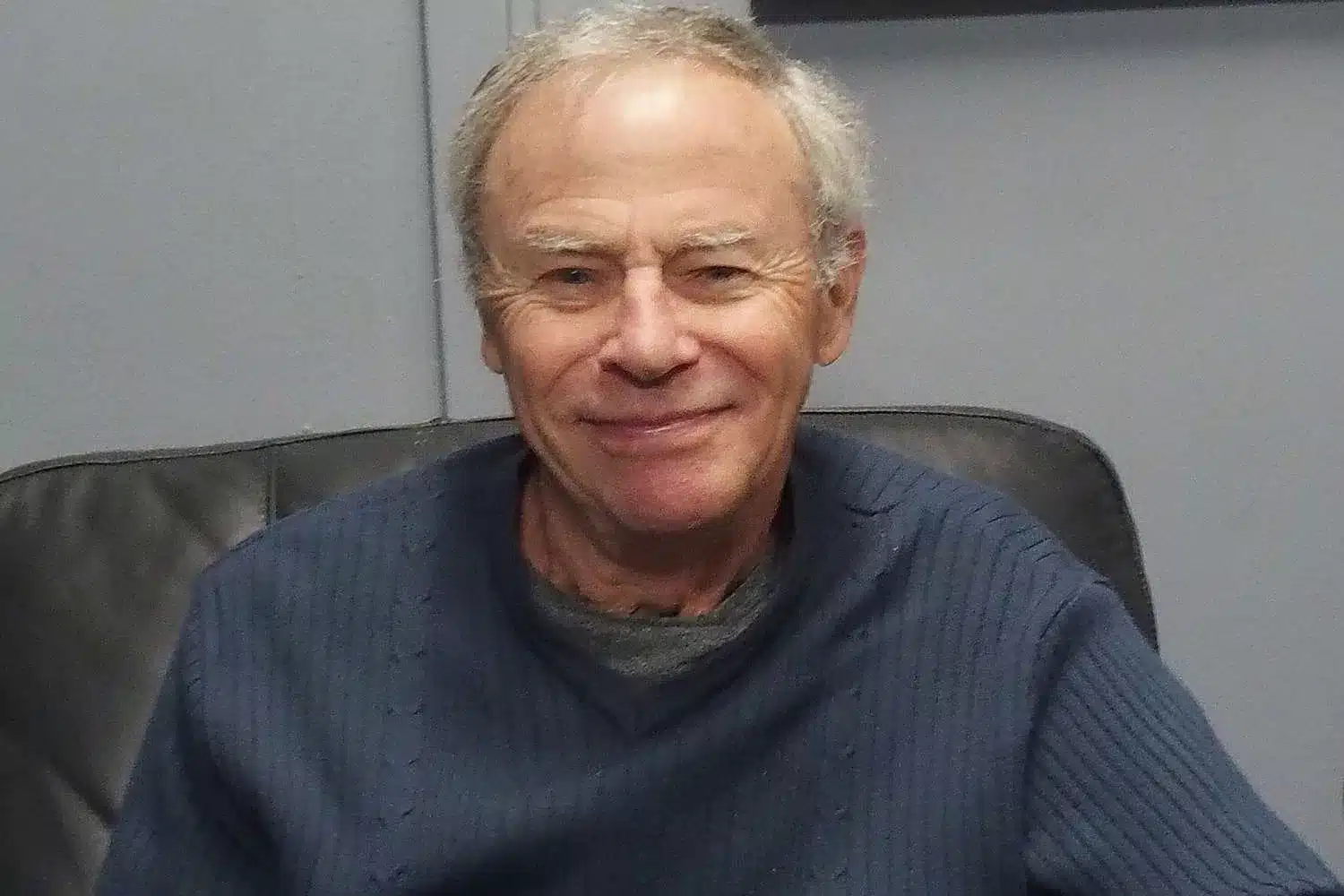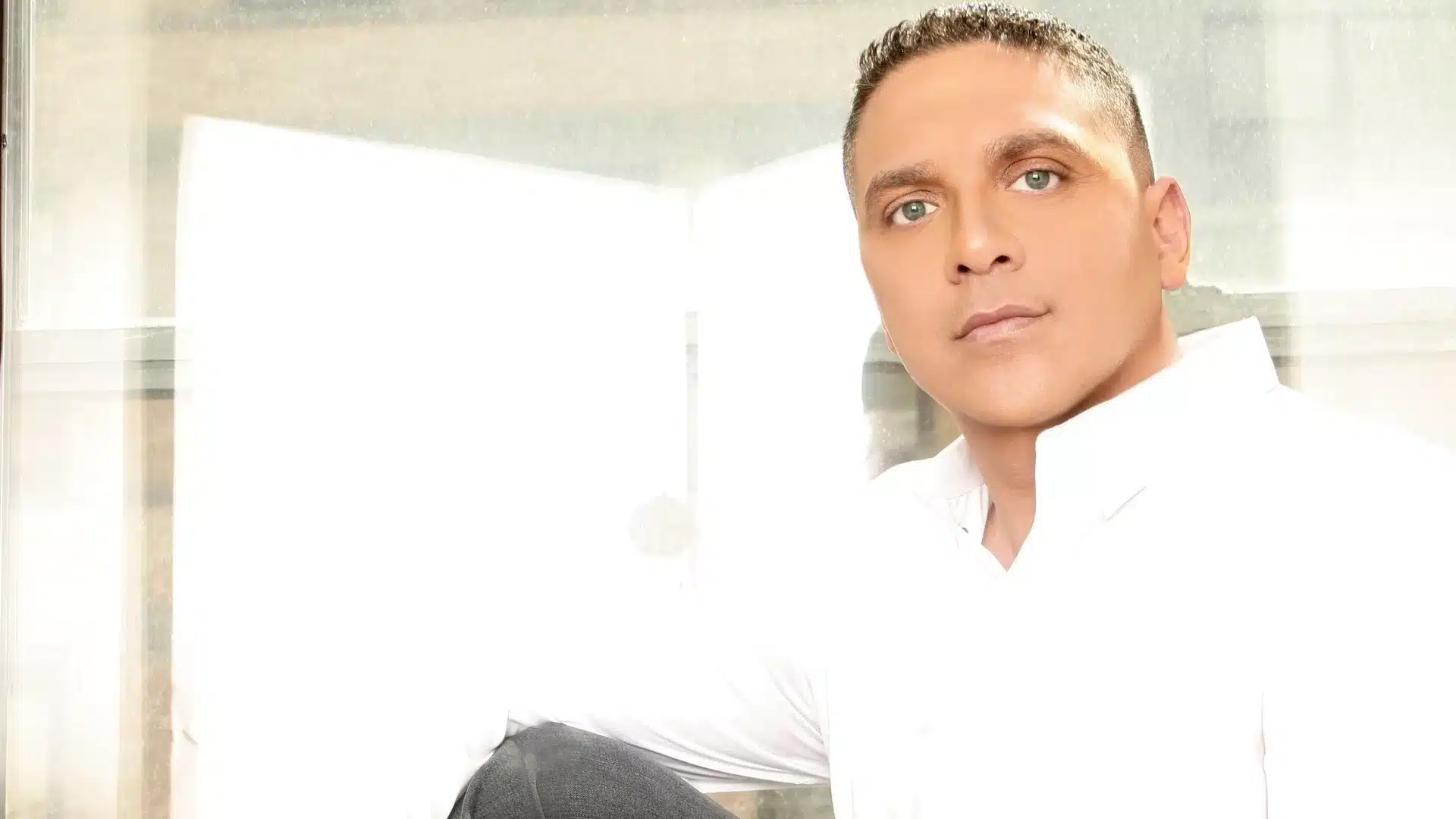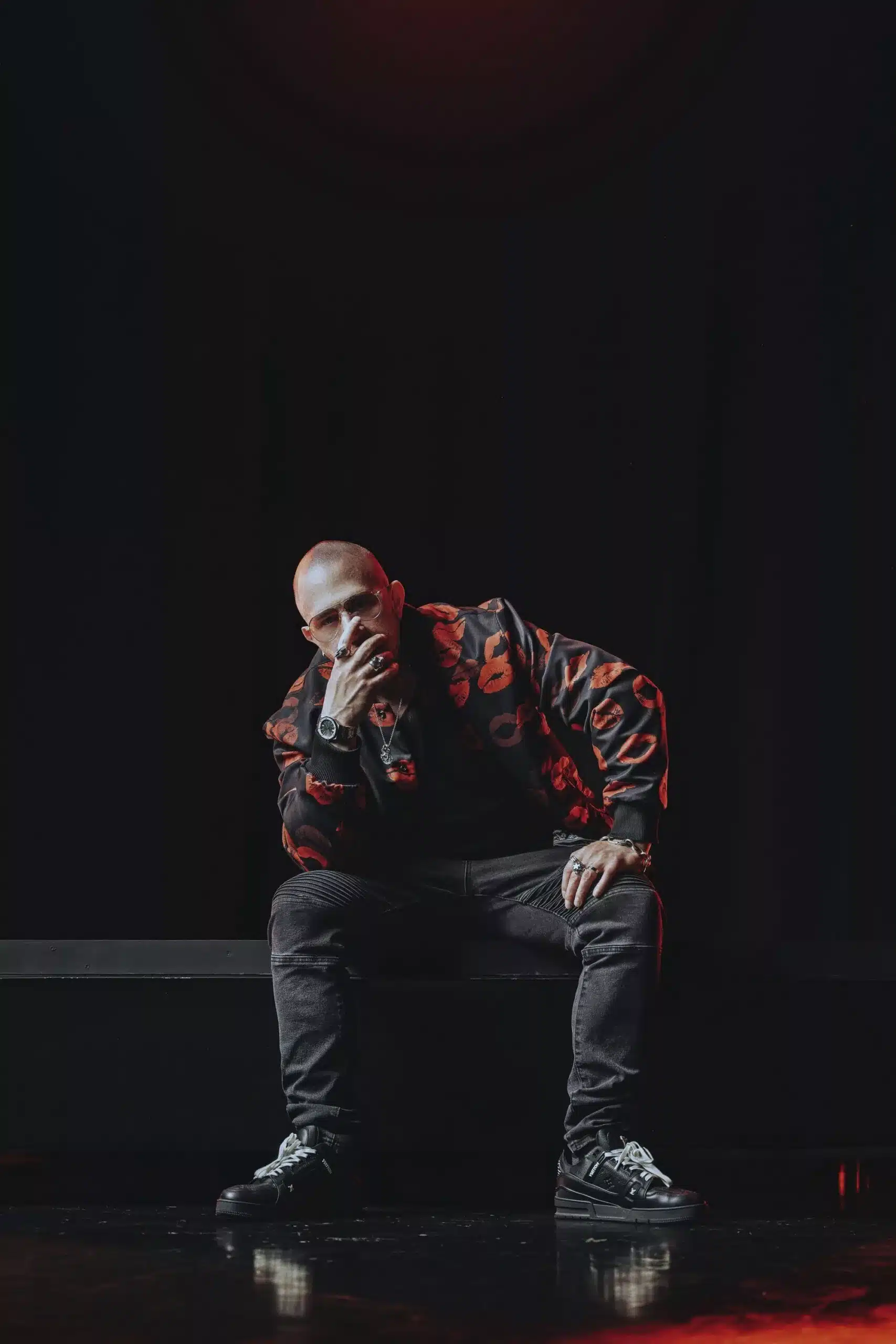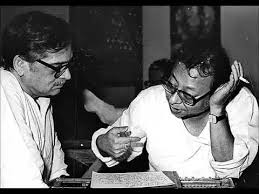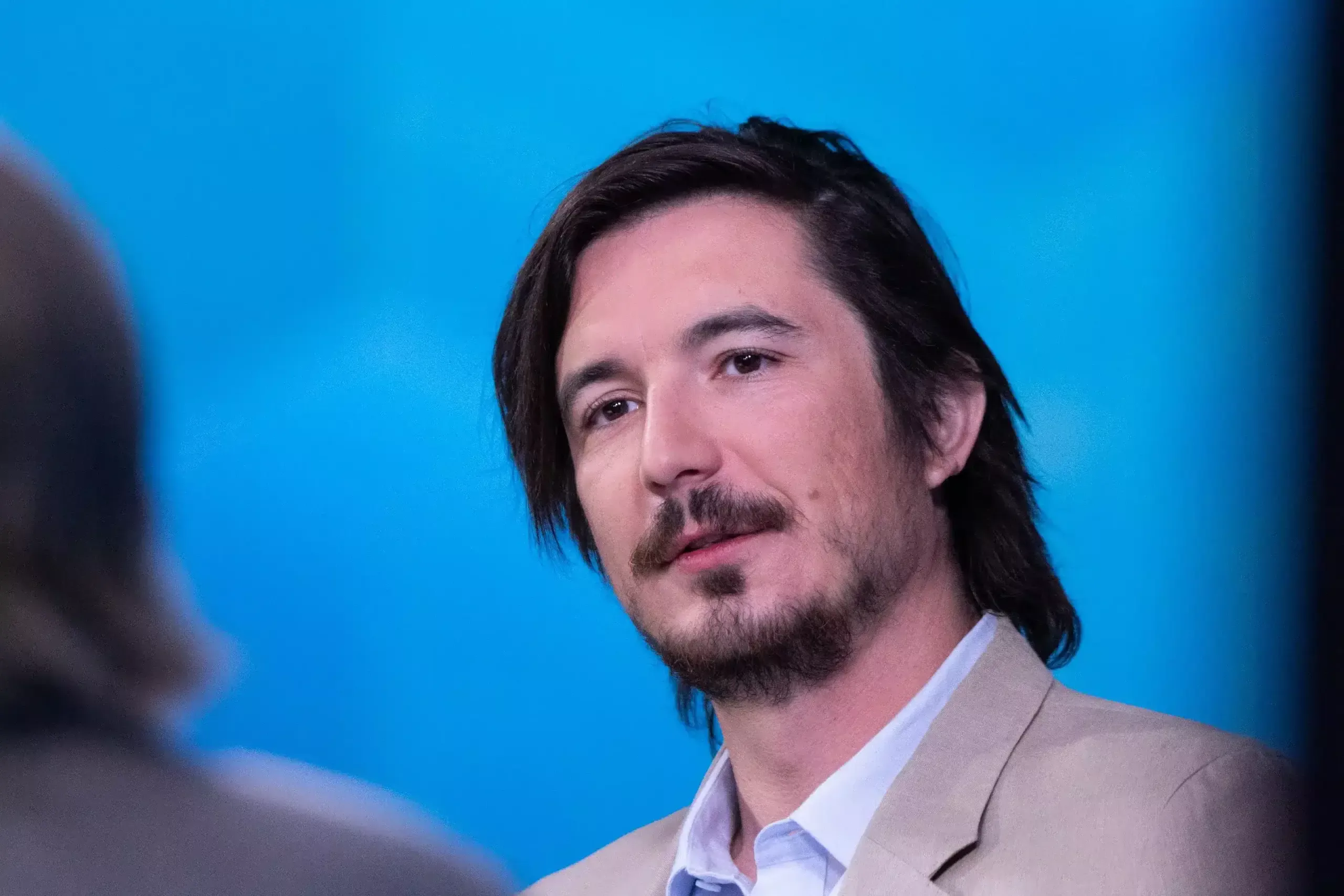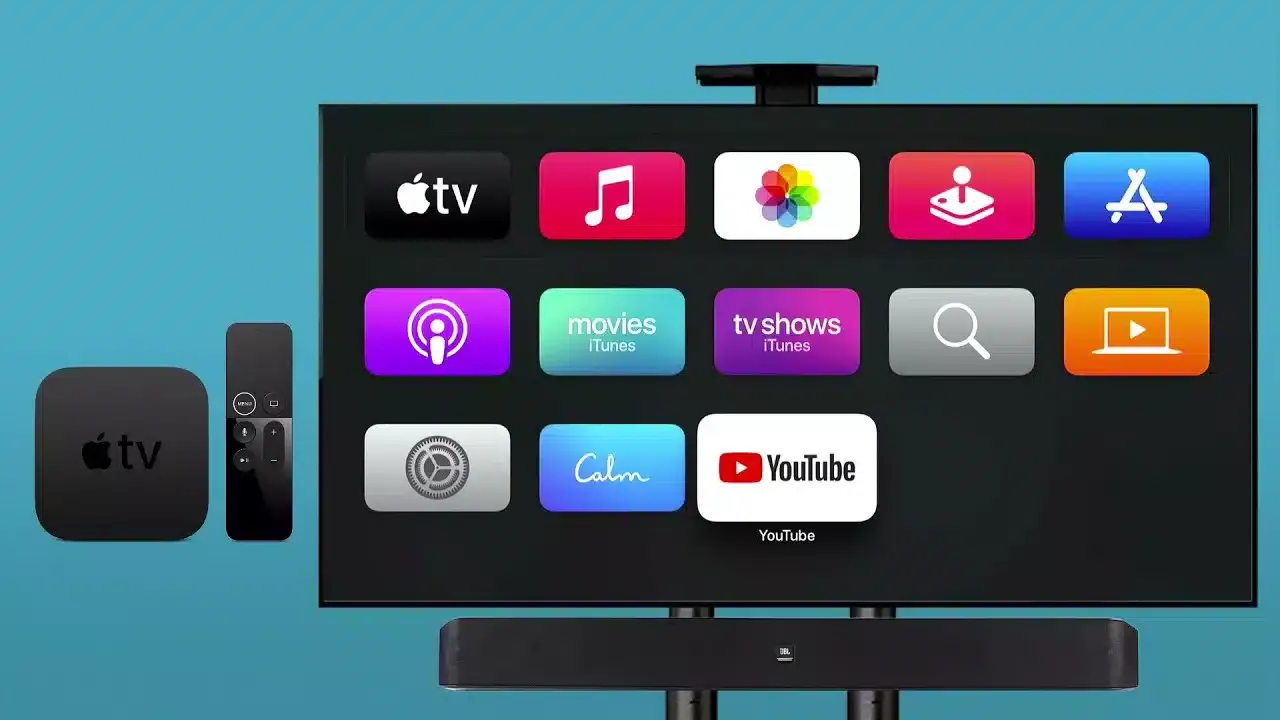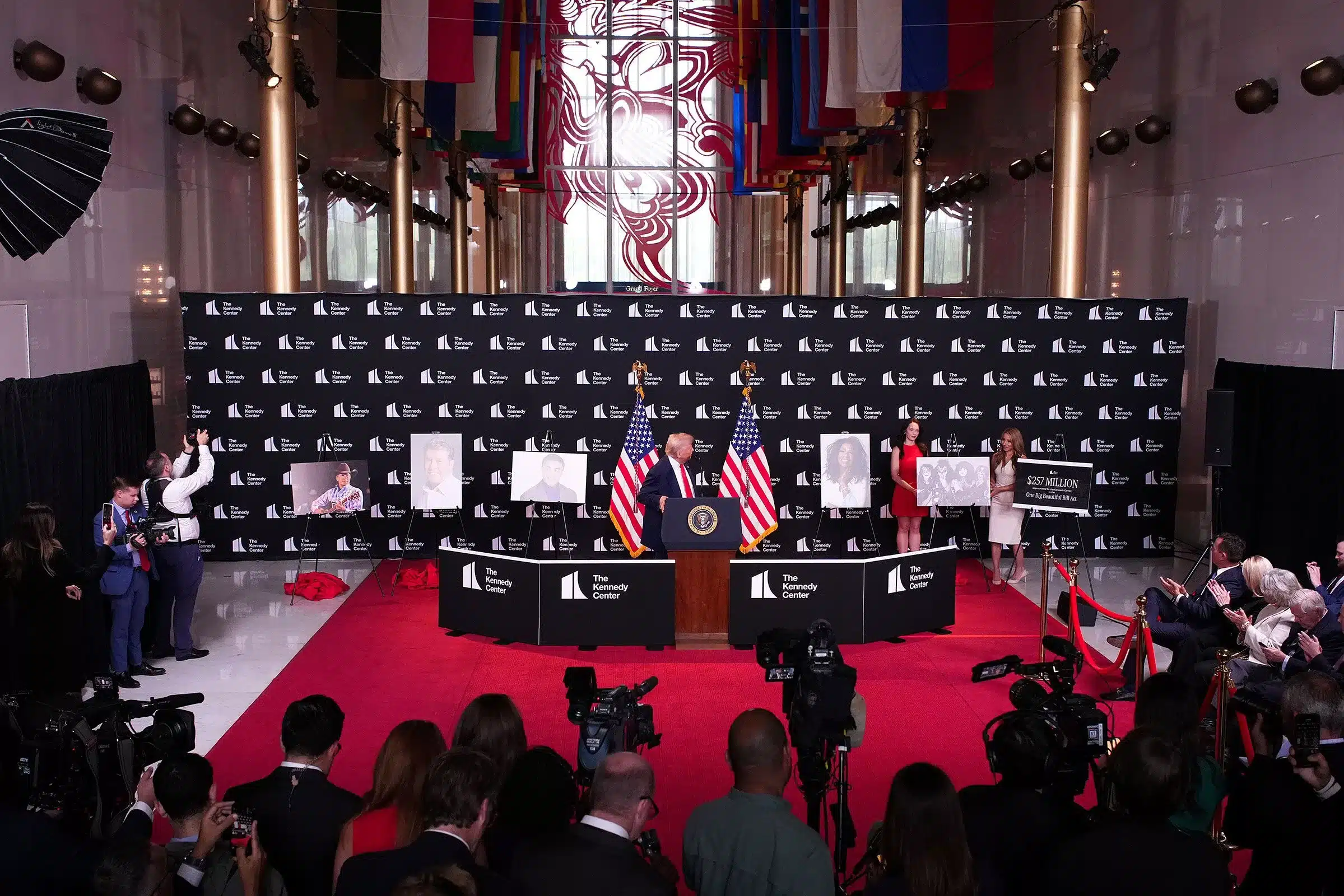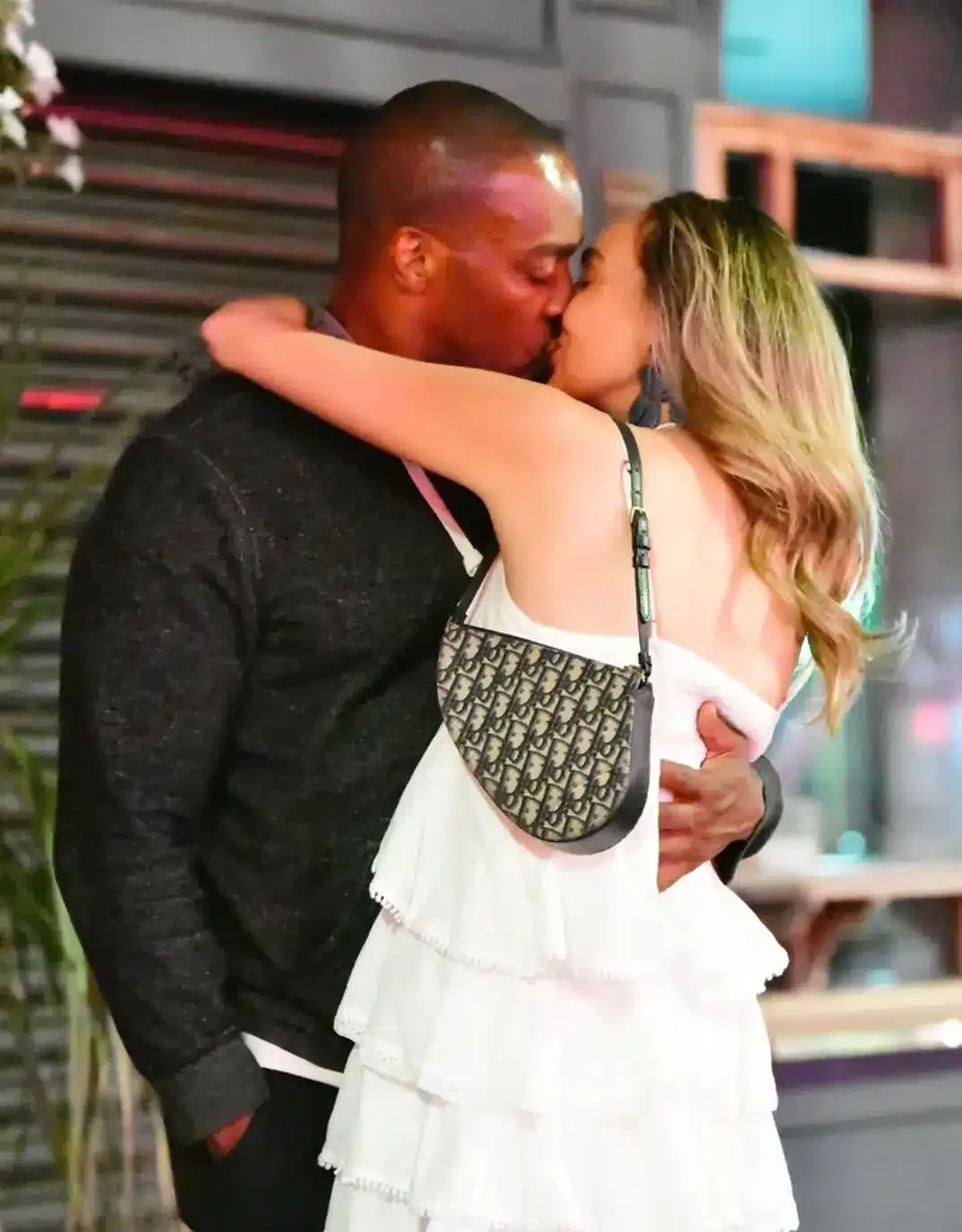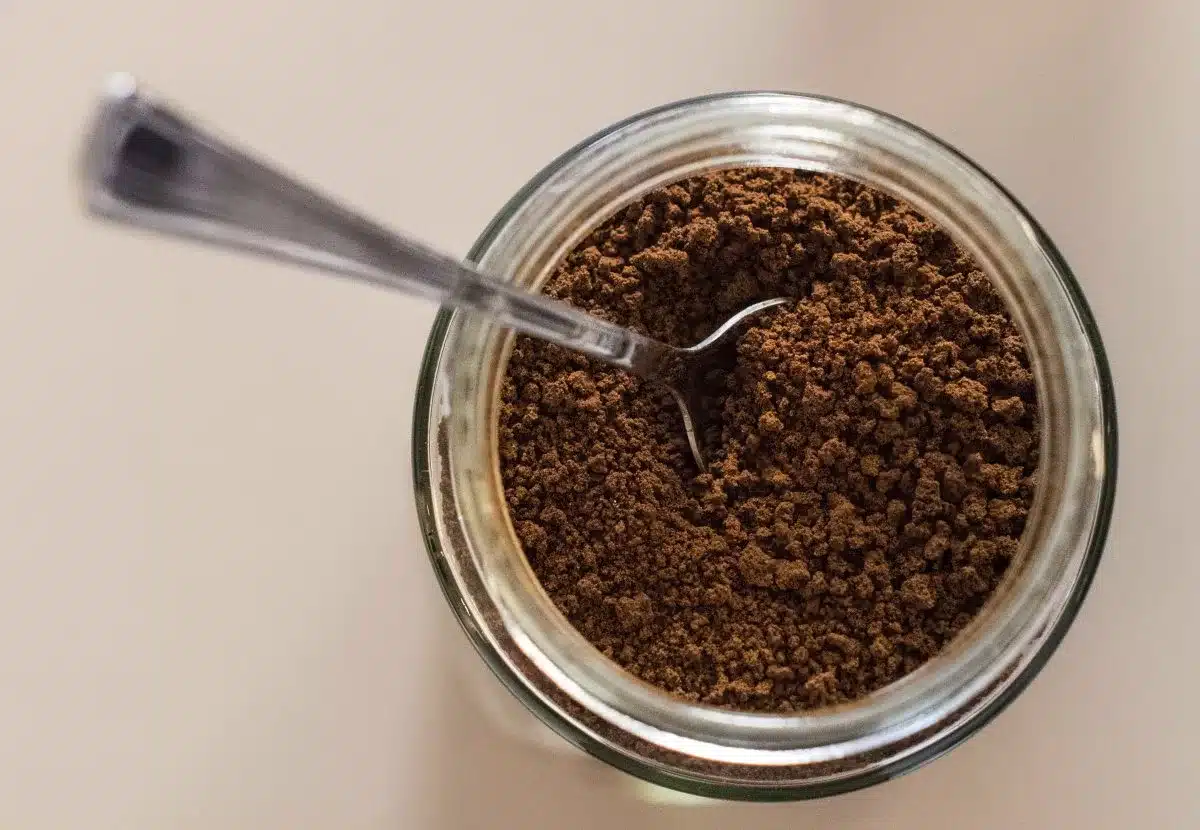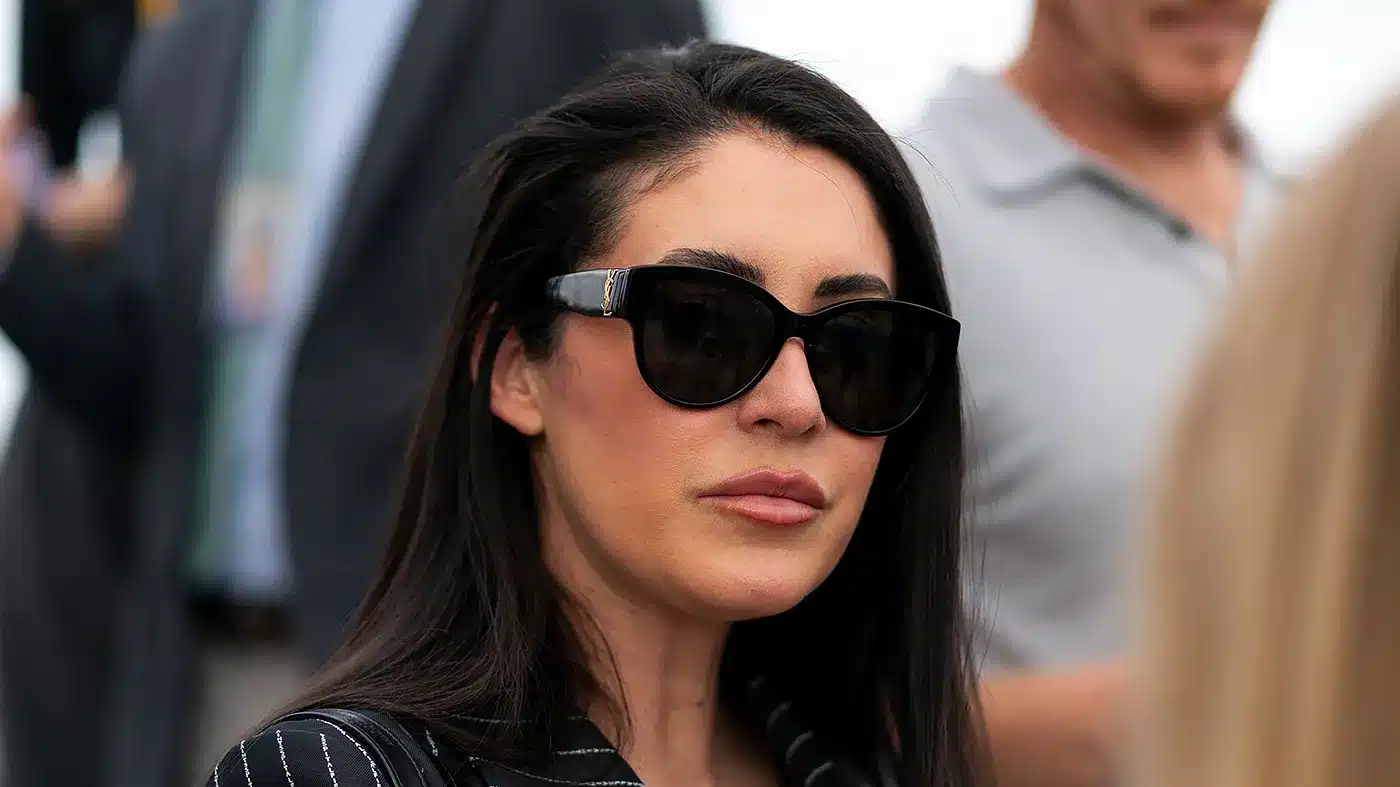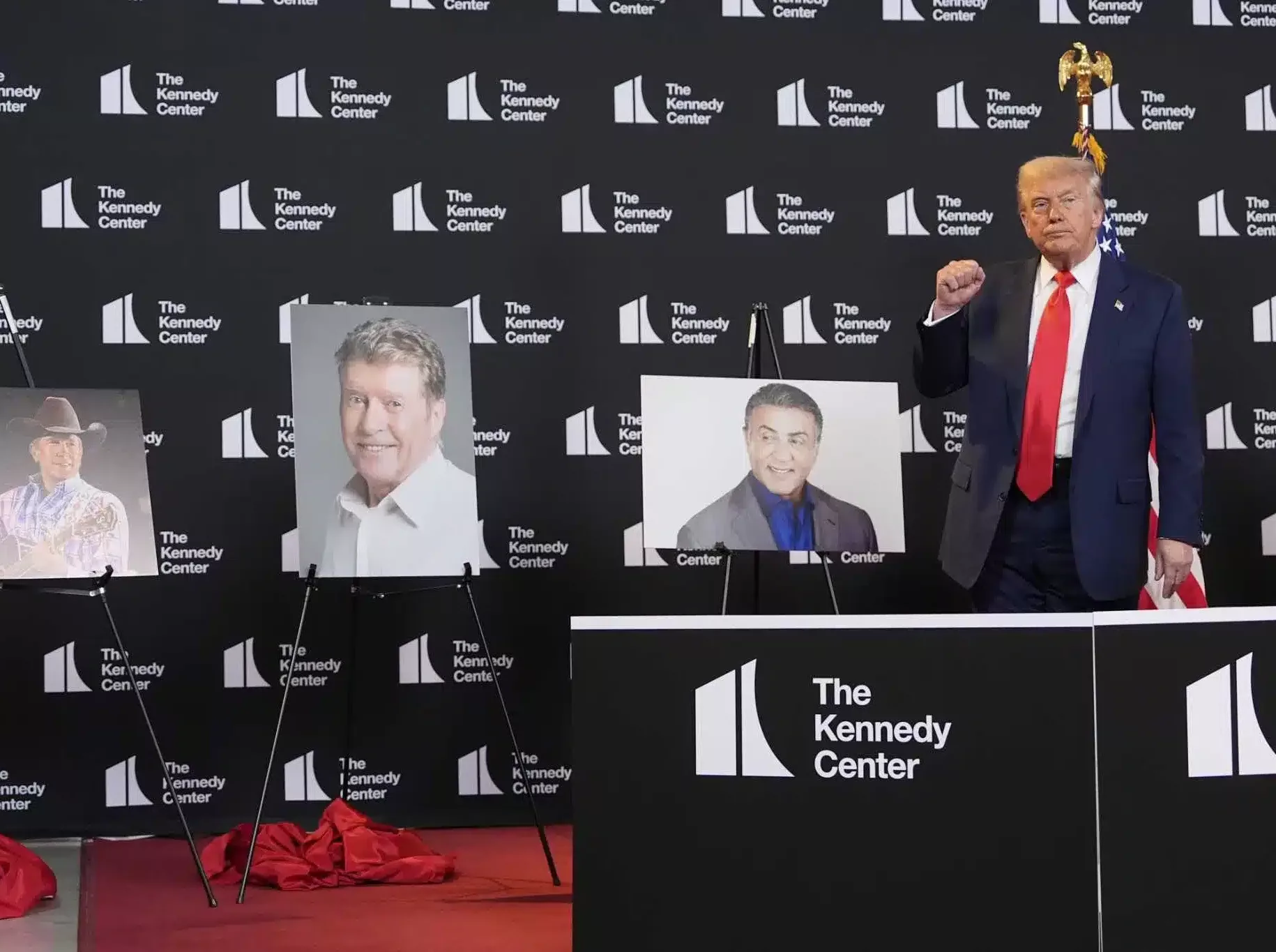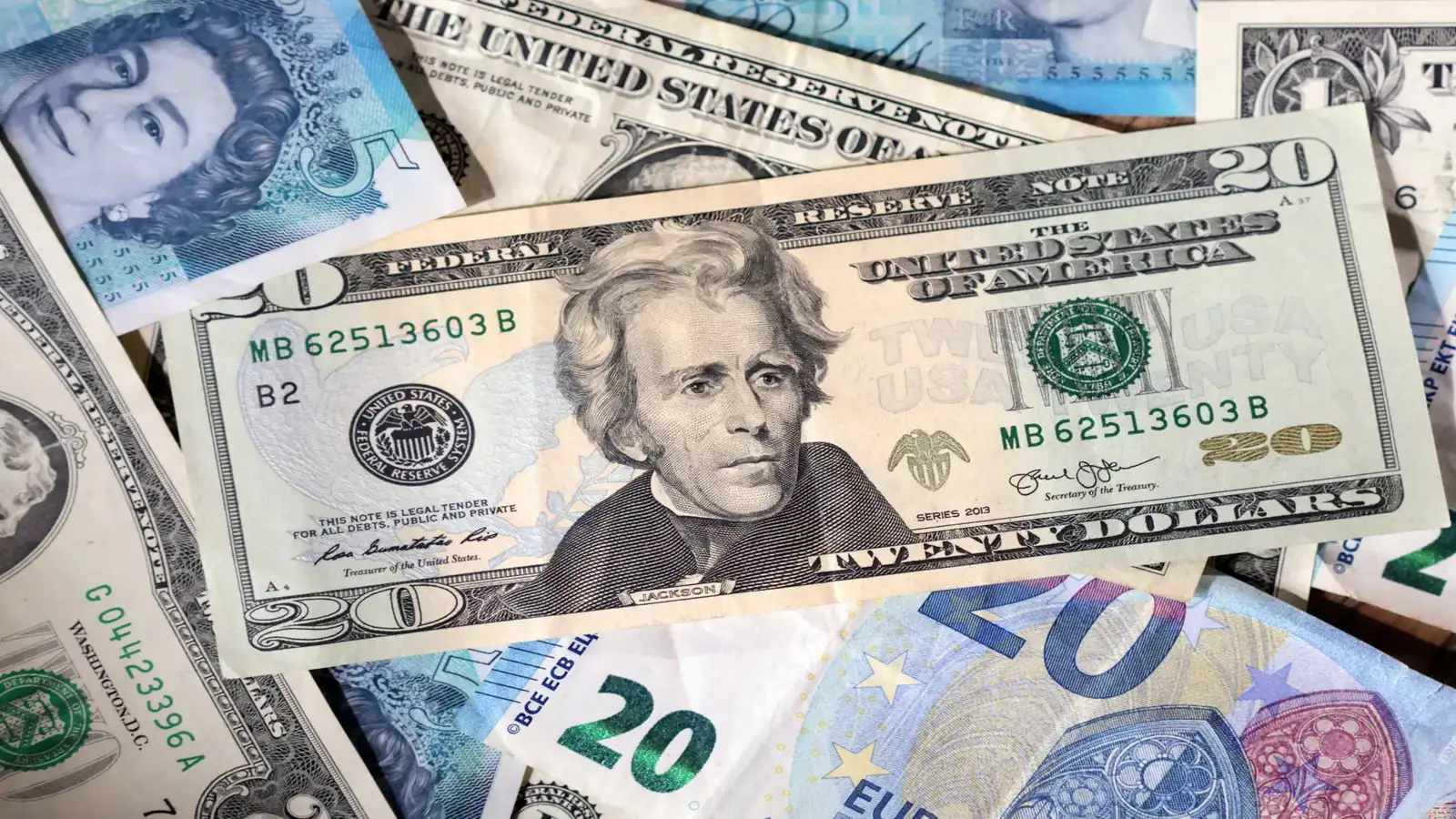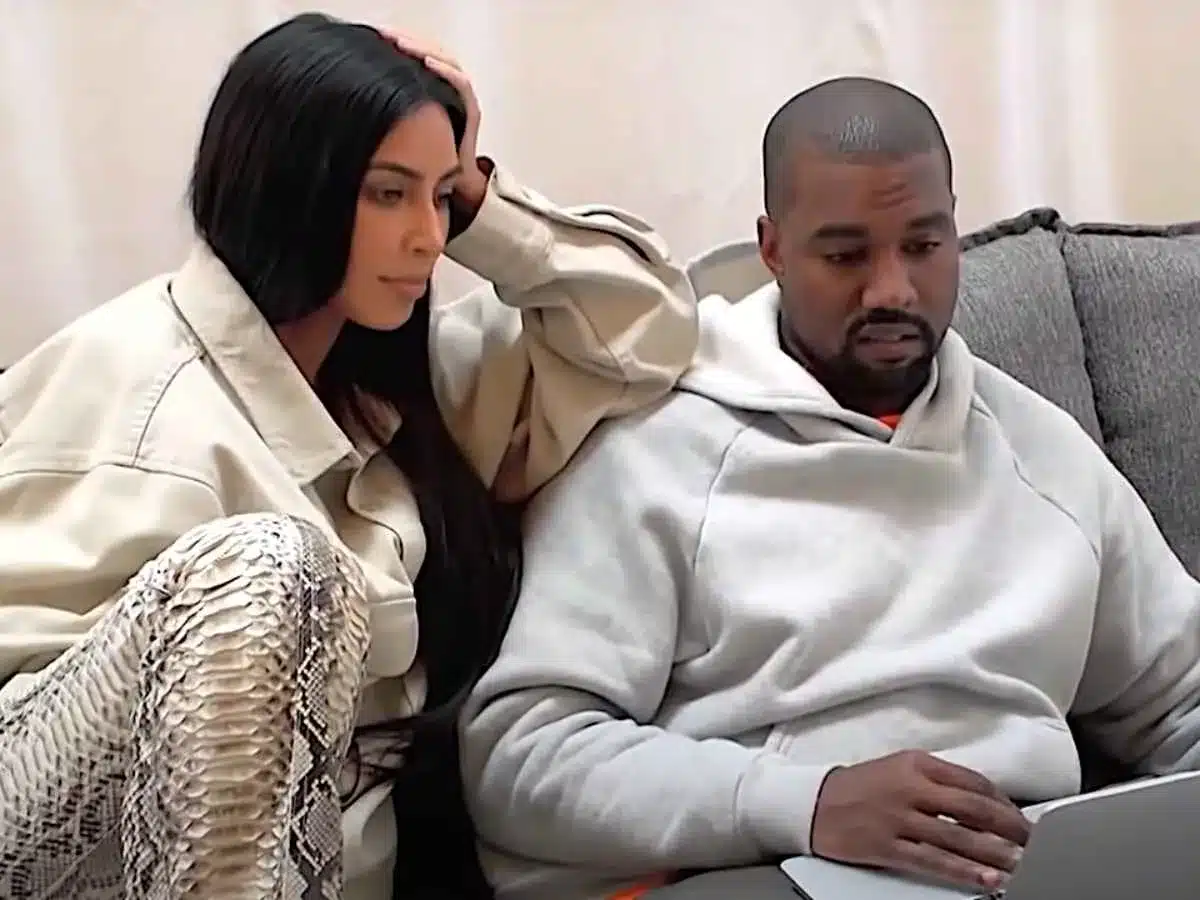
Sean “Diddy” Combs is staring down the possibility of walking free after what legal experts are calling one of the most expensive and disastrous criminal prosecutions in recent American history.
The hip-hop mogul, once facing life in prison, may now receive little more than time served after a stunning courtroom twist that has rocked both the public and legal community.
Combs, 54, fell to his knees in a Manhattan federal courtroom on Wednesday as the jury handed down its decision. After seven grueling weeks of testimony and over 30 witnesses taking the stand, including former girlfriends, assistants, and employees, Diddy was convicted on just two counts: transportation to engage in prostitution. He was acquitted of the far more severe charges of racketeering conspiracy and two counts of sex trafficking, including the one involving longtime partner Cassandra “Cassie” Ventura.
The two charges he was found guilty of each carry a maximum of 10 years in prison but no mandatory minimum. Because of that and the nine months Diddy has already spent behind bars since his September 2024 arrest, legal analysts believe he could get a sentence of time served or only a few more months. Sentencing guidelines for the case, based on a letter obtained by The U.S. Sun, indicate a federal range of 51 to 63 months, though former federal prosecutor Neama Rahmani estimates it could be as low as 15 to 21 months, less than two years total.
Rahmani, now the president of West Coast Trial Lawyers, didn’t hold back in his criticism of the case. “Today’s verdict is nothing less than a complete and total failure by the prosecution in what will go down as the most expensive prostitution trial in American history,” he said. “Even though the Mann Act carries a potential 10-year maximum sentence, Diddy is going to get time served or close to it. The government made several fatal, self-induced errors.”
John W. Day, a New Mexico-based criminal defense attorney, echoed the sentiment, calling the verdict a “major loss” for the prosecution. “They presented a tsunami of evidence against Diddy over many weeks, and the jurors did not buy their story,” Day told The U.S. Sun. “The government was trying to convince the jury that RICO, which was designed to go after the Mafia and organized crime families, should be applied to baby oil and Diddy’s high-flying lifestyle in the music business, and the jury just wasn’t convinced.”
The prosecution’s downfall is being attributed to a number of missteps. They failed to flip or subpoena key figures from Diddy’s inner circle, like longtime confidants KK and D-ROC. They also didn’t call several alleged sexual assault victims who have filed civil lawsuits against Combs, women who had no romantic or professional ties to him. Instead, they focused on testimony from Cassie Ventura and a second woman known only as “Jane,” who were portrayed by the defense as willing participants in Combs’ elite lifestyle, not victims.
Public reaction has been mixed. While Diddy’s legal team celebrates, many of his accusers and their supporters are devastated. Rosie O’Donnell, who had publicly supported Ventura, posted on Instagram: “I guess a jury just never wants to believe that a woman stays because of power and coercion, wow. They just think women stay because what? Money? Fame? ‘They love the abuse’? What a f***ing joke.”
Count by count, the results were as follows:
- Count 1: Racketeering conspiracy, Not Guilty
- Count 2: Sex trafficking of Cassandra Ventura, Not Guilty
- Count 3: Sex trafficking of “”Jane”, Not Guilty
- Count 4: Transportation to engage in prostitution (Cassie Ventura), Guilty
- Count 5: Transportation to engage in prostitution (“”Jane”), Guilty
In a letter to Judge Arun Subramanian following the verdict, prosecutors noted that while preliminary sentencing guidelines suggest a 51-63 month sentence, they hadn’t yet had sufficient time to fully analyze all applicable factors. However, with nine months already served and the low end of sentencing possible due to the nature of the convictions, Diddy’s legal team is aggressively pushing for his release.
That same legal team submitted a formal letter asking the judge to release Combs pending sentencing, emphasizing that his continued detention is unnecessary given the verdict and lack of violent charges. Prosecutors are expected to push back, arguing that federal law mandates continued detention following a conviction of this nature.
Combs’ family has remained relatively quiet, but his legal team has made it clear they view this as a win. Whether he receives additional prison time or walks free, the damage to the prosecution’s credibility is already done. For victims like Cassie Ventura and Jane, the outcome is a bitter pill.
The prosecution hoped the RICO charges would provide a sweeping conviction. But without hard evidence of non-sex-related predicate acts like kidnapping or bribery, their case fell apart. “The fact that the jury even rejected the racketeering charge shows the many flaws in the prosecution’s case,” Rahmani added.
Diddy’s sentencing is set for later this summer, with Judge Subramanian now tasked with weighing the optics of the failed trial against what’s left of the government’s case. Whatever the sentence, one thing is clear, this was a trial meant to make history, and it ended in a complete legal and PR disaster for the prosecution.





